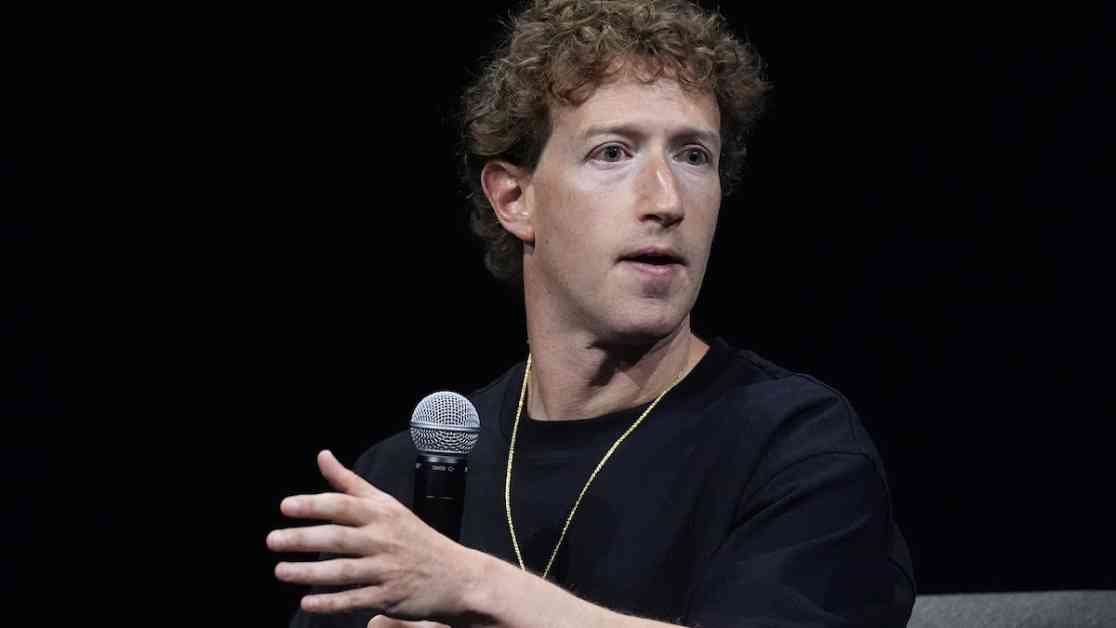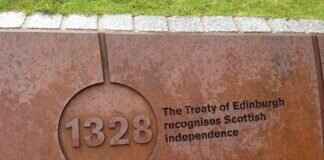The Impact of Meta Ending Fact-Checking: Media & Truth Pursuit
The recent decision by Meta to end its fact-checking program on social media platforms like Facebook, Instagram, and Threads has sent shockwaves through the industry built on bringing clarity and truth to the public. Meta’s founder, Mark Zuckerberg, made the announcement this week, sparking concerns about the future of reliable information on social media.
The Shift Away from Fact-Checking
Meta’s move to replace fact-checking with a “community notes” system has raised eyebrows in news verification circles. This shift, reminiscent of a time when users were relied upon to correct misinformation, raises questions about the role of journalists in today’s media landscape. With the rise of “alternative facts” in political discourse, the decision to rely on community feedback for accuracy has left many wondering about the implications for the industry.
Angie Drobnic Holan, director of the International Fact-Checking Network, expressed concern about the impact of Meta’s decision on the availability of trustworthy information in the short term. The fact-checking industry, which has seen significant growth in recent years, now faces uncertainty as it navigates this new era of community-driven verification.
The Evolution of Fact-Checking
Fact-checking has a rich history in the media, dating back to a time when journalists sought to counter “he said-she said” stories and monitor claims made by politicians. Organizations like FactCheck.org and PolitiFact have played a crucial role in holding public figures accountable for their statements, often at the risk of facing backlash from those who feel their credibility is being questioned.
The rise of skepticism towards fact-checkers, particularly among Republicans, has fueled a debate about bias in the industry. While some argue that fact-checkers are the gatekeepers of truth, others view their work as partisan and prone to error. The challenge of maintaining objectivity in fact-checking has become increasingly complex in an era where misinformation spreads rapidly across social media platforms.
The Future of Fact-Checking
As the landscape of fact-checking continues to evolve, experts like Kathleen Hall Jamieson and Bill Adair emphasize the importance of public figures standing up for the truth. In a time when distrust in the media is at an all-time high, the role of fact-checkers in holding power to account has never been more critical.
The future of fact-checking rests on the shoulders of those who are willing to uphold the principles of accuracy and transparency in journalism. While the challenges ahead are daunting, the need for reliable information in a sea of misinformation is more pressing than ever. As we navigate this new chapter in the media industry, the question remains: who will be the guardians of truth in a world where facts are up for debate?
Remember, the next time you scroll through your social media feed, take a moment to question what you see and seek out reliable sources of information. In a world where truth is often elusive, it’s up to each of us to be vigilant in our pursuit of accuracy and integrity in the media we consume.














